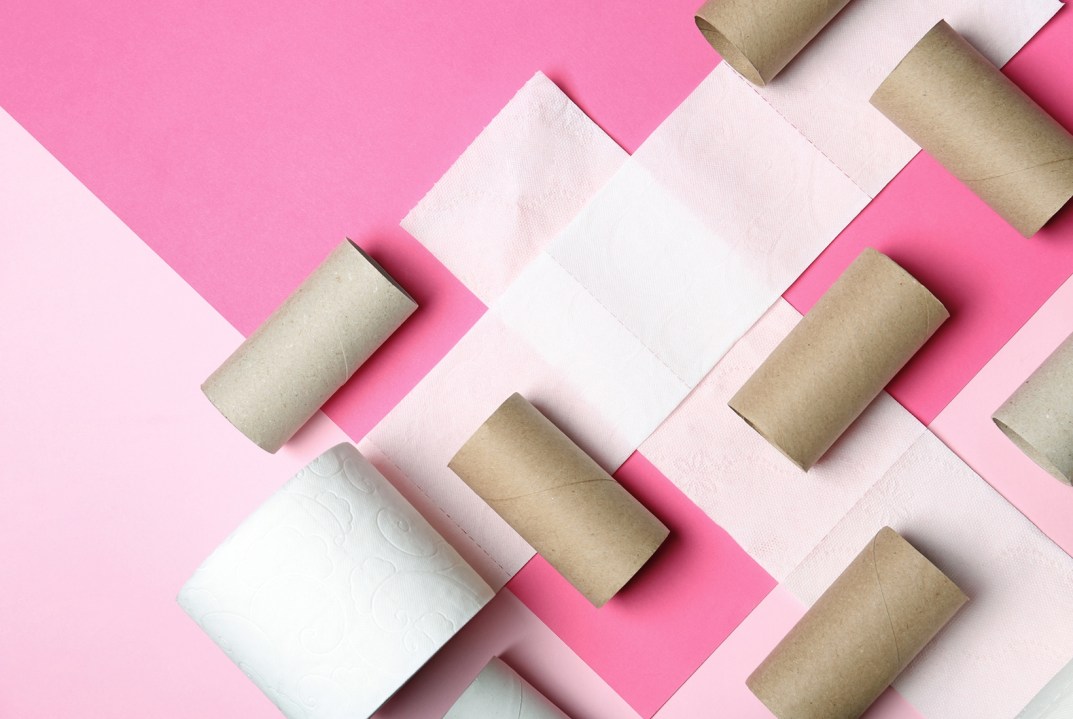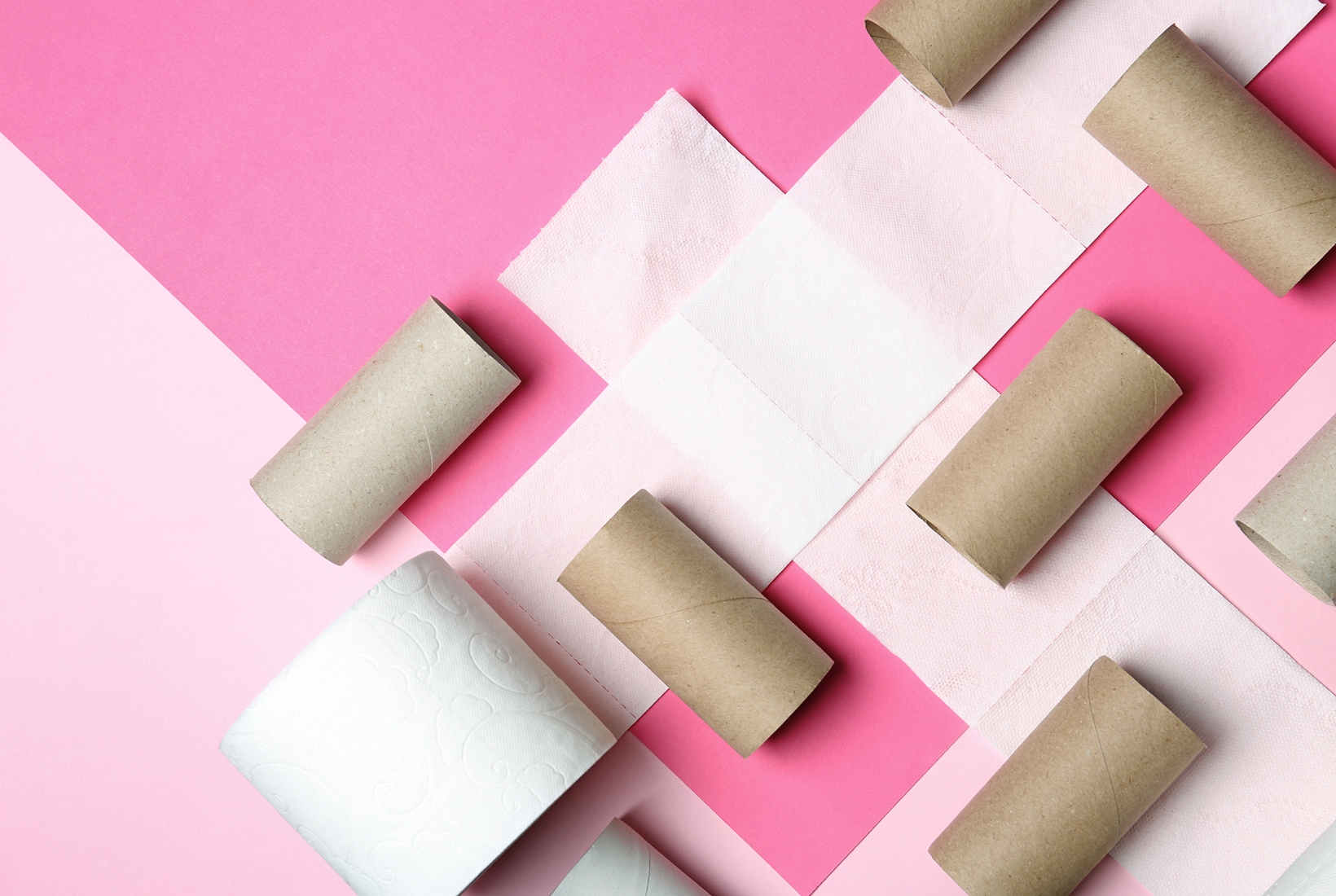Compared with every other household chore, progress in bum-wiping has been glacially slow. It’s only in living memory that schools and institutions stopped using something called Izal, a box of medicated toilet wipes similar in texture to greaseproof paper, and thus spectacularly ill-suited to its purpose. It was characteristic of the Britain of my childhood, where things were made gratuitously unpleasant on purpose, since to do anything nice was seen as effeminate.
The Muslim world is far ahead of us here. In most Islamic countries a toilet cubicle comes with a bum gun — a kind of handheld spray. Yet in the supposedly enlightened Anglophone world we think dry paper is fine. As I have repeatedly argued, you wouldn’t come in after an afternoon’s gardening with mud on your hands and then attempt to clean them using dry paper: you’d use water. And yet, when it comes to the rectum, this sensible instinct deserts us.
In lockdown, we gadgetry obsessives find our families pleading to use the things we were derided for buying at the time
The last time I made the case for moist toilet wipes, I was denounced as a gobshite on Irish talk radio. Ours is a lonely cause, with few adherents. The director of the film Deadpool 2 feels as strongly about this as I do: he hired Matt Damon in a cameo solely to deliver a 90-second diatribe against dry-wiping. Viz magazine broached the topic in a regular comic-strip called ‘The Bottom Inspectors’. Yet this, and Gargantua and Pantagruel, seem to be among very few references to the subject in western literature. A loo did not appear in film until Psycho in 1960.
In our bogs we accept design flaws we would not tolerate in any other area of life.










Comments
Join the debate for just £1 a month
Be part of the conversation with other Spectator readers by getting your first three months for £3.
UNLOCK ACCESS Just £1 a monthAlready a subscriber? Log in